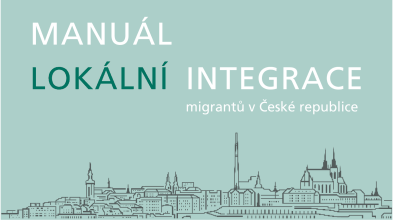Commission urges Member States to implement ILO domestic workers convention
The European Commission has presented a proposal for a Council Decision authorising Member States to ratify the Convention concerning decent work for domestic workers (Convention No. 189).
Countries ratifying the International Labour Organization (ILO) Convention agree to ensure fair and decent conditions for domestic workers by protecting their fundamental labour related rights, preventing abuse and violence.
"Improving working conditions in personal services is an important objective for the Commission" said László Andor, Commissioner for Employment, Social Affairs and Inclusion, adding "I urge Member States to ratify this Convention as soon as possible, which will also contribute to implementing the EU strategy against trafficking in human beings".
Employment in private households do represent an important market sector in the European Union, especially in southern countries such as Spain, Portugal, France or Italy. There are almost 2 milion foreigners performing these tasks only in these four countries, based on official statistics of the ILO mentioned in the report Domestic Workers Count: Global Data on an Often Invisible Sector). But it is not just question of the South; employment of foreigners in domestic work is signifiant also in the United Kingdom
The above mentioned study mentions that even postsocialist countries have become an important destination for migrants; even thought numbers are lower than in southern and western states. „Official statistics of the ILO count around 3,000 persons employed by private households in the Czech Republic, around 2,000 of them women (LABORSTA 2008). However, these official numbers are questionable. The Hamburg Institute of International Economics estimates that 12 percent of irregular migrants in the Czech Republic work in the domestic sector“, the report says. Non-governmental organizations working on the project Equal opportunities on the threshold of Czech homes point out to the underrepresentation of the official statistics.
However, the Czech government decided during the session on the 9th May 2012 that there is no current reason to ratify the international convention. It was explained that the domestic worker represent a margine labour market sector in the Czech Republic and that this phenomenon is rather an issue of developping countries.
States ratifying the Convention are required to take measures to ensure fair and decent working conditions and to prevent abuse, violence and child labour in domestic employment. They must ensure equal treatment between domestic workers and other workers as regards compensation and benefits, for example in the case of maternity. The Convention also introduces an obligation to inform workers of the terms and details of their employment. Further clauses ensure that domestic workers are protected against discrimination, are offered decent living conditions, and have easy access to complaint mechanisms. Finally, the Convention sets out rules regarding foreign recruitment.
EU legislation already addresses some aspects covered by the ILO Convention. The provisions of the Convention share the same approach than this legislation and are broadly consistent. On many issues, EU law is more protective than the Convention. The Convention, however, is more precise than EU law in the coverage of domestic workers by legislation and in other particular aspects of domestic work.
The Commission proposal for a Council Decision is necessary because the Member States cannot autonomously ratify ILO Conventions without prior authorisation by the Council in respect of those parts of the Convention which fall under EU competence. The EU itself cannot ratify any ILO Convention, because only States can be parties to it.
This article is based on the press release published by the European Commision.









